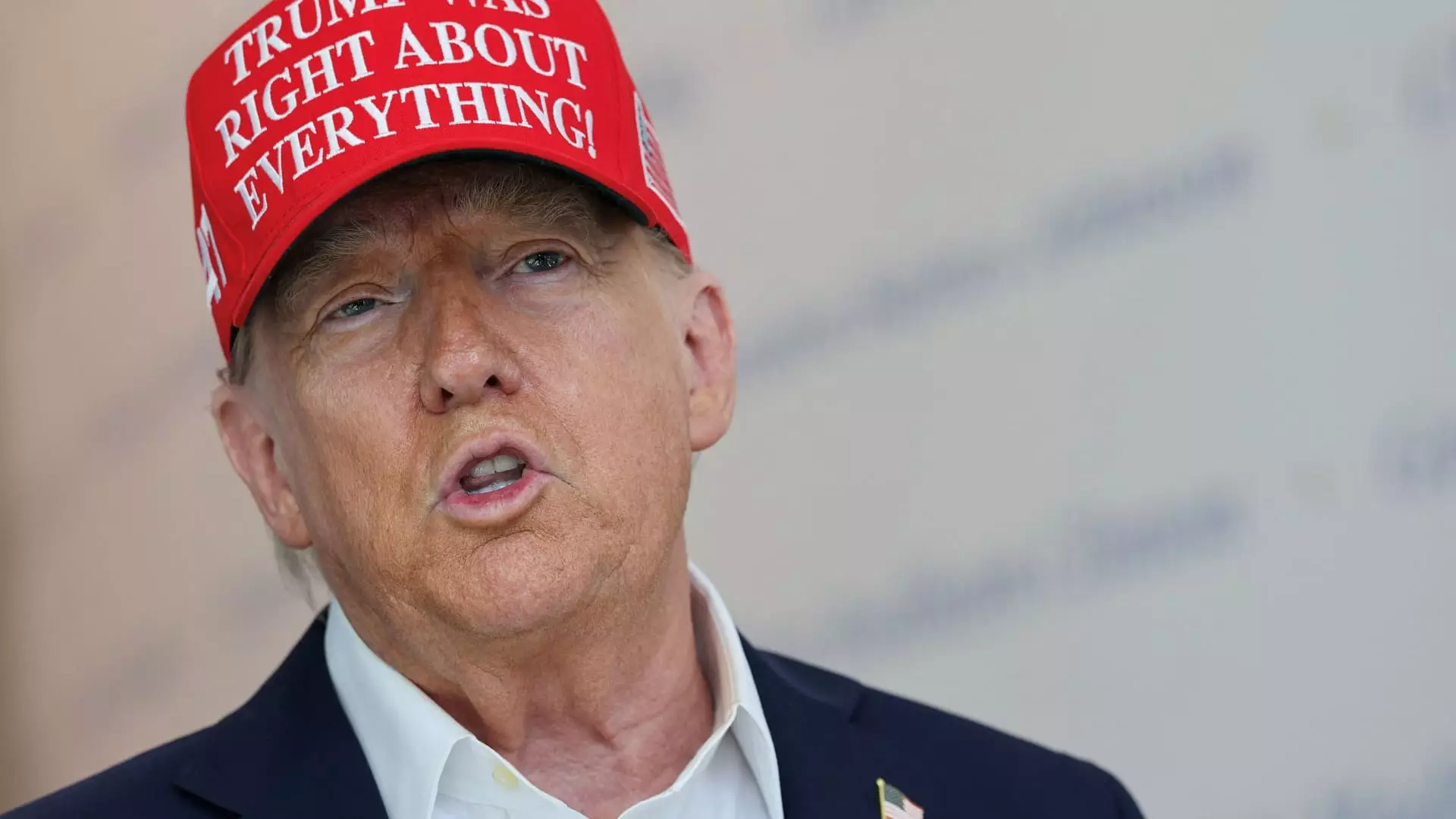Recent statements by President Donald Trump underscore a disturbing trend: the politicization and weaponization of the Federal Reserve’s critical role in managing the U.S. economy. Trump’s declaration that he would fire Federal Reserve Governor Lisa Cook if she refuses to resign exemplifies an alarming departure from the independent tradition that has historically shielded the central bank from partisan meddling. It reveals a mindset that considers federal appointments not as pillars of economic stability but as pawns to be expunged or manipulated for political gain. Such threats threaten to undermine the credibility and stability of the entire monetary system, risking the kind of unchecked executive influence that can destabilize markets and erode institutional integrity.
The Perils of Politicizing Central Banking—Why Independence Matters
The Federal Reserve’s authority is based on its independence from political pressures. When leaders like Trump openly threaten federal officials with removal over policy disagreements or personal allegations, the message is clear: the central bank’s autonomy is under assault. An independent Fed ensures that monetary policy is driven by economic data and sound judgment rather than political expediency. Interfering with this delicate balance not only hampers effective decision-making but also risks blurring the line between economic management and political vendettas. The end result? Reduced investor confidence, heightened volatility, and an erosion of the institutional trust that safeguards economic stability.
Political Calculations and the Power Play for Central Bank Control
Trump’s overtures also highlight a broader political strategy: consolidating influence over the Federal Reserve to shape monetary policy in line with his ideological preferences. By threatening to oust Cook—who has generally aligned with Powell on key policy votes—he aims to install more sympathetic appointees who will push interest rates downward or favor policies that boost stock markets and asset prices. Control over such a crucial institution grants expansive fiscal influence, shaping economic conditions while tightening the political grip on financial markets. The significance of this cannot be overstated; it’s a move rooted in perceived short-term gains rather than long-term economic health.
The Underlying Motivations: From Mortgage Allegations to Political Leverage
While Trump’s rhetoric frames his attack as rooted in ethics—citing mortgage allegations against Cook—the real game appears to be political leverage. The allegations, whether well-founded or not, serve as a pretext to challenge a figure aligned with current monetary policy directions. The push to remove her, coupled with the appointment of allies, could tilt the board’s ideological balance in favor of Trump’s economic views. This kind of strategic personnel reshuffling threatens the independence of the Fed and exemplifies how contentious issues—like mortgage fraud claims—often become instruments of political chess rather than genuine concerns about governance.
Implications for the Future of Monetary Policy
The consequences of allowing political actors to interfere with appointments and threaten officials are profound. It jeopardizes the stability designed into American monetary institutions, risks politicizing economic decision-making, and could lead to unpredictable swings in policy that chase political whims rather than economic indicators. As the Fed faces inflation pressures, debt concerns, and global financial uncertainties, injecting politics into these decisions only complicates efforts to maintain balance and credibility. A politicized central bank becomes a tool for short-term political objectives, rather than an agent of prudent economic stewardship.
A Center-Right Perspective on the Threats to Financial Integrity
From a center-right viewpoint, the independence of the Federal Reserve is a safeguard essential to preserving free-market principles and economic stability. Politicians like Trump, wielding threats and accusations, threaten the very foundation of market confidence and the rule of law in economic governance. While accountability is necessary, it must be rooted in transparent processes, not intimidation or extralegal threats. By attempting to control appointments and influence monetary policy through coercive tactics, the current administration dangerously blurs the lines of constitutional authority, weakening the checks and balances that protect economic sovereignty. It is imperative that the integrity of these institutions remains intact, lest we set a precedent where monetary policy becomes another battleground for partisan power struggles—an outcome that ultimately harms everyone who depends on a stable economy.


Leave a Reply